
Nurse reveals the 4 final phrases she hears people say before they die
For many, the thought of life’s final moments can seem frightening, wrapped in mystery and uncertainty. Yet those who work closely with the dying say that, in reality, the process is far more peaceful than most people imagine.
Dr. Kathryn Mannix, a palliative care physician and author of With the End in Mind, once explained in a TED Talk that d:eath is “just as much a process as the process of giving birth.” It unfolds naturally, with its own stages, rhythms, and emotions.
Following in that spirit of openness, Julie McFadden — known online as Nurse Julie — has spent over 16 years caring for patients in hospice. Her mission: to replace fear with understanding. In a candid conversation with NHS surgeon and podcaster Dr. Karan Rajan, she revealed that some patients seem to somehow “choose” the timing of their d:eath.
“They’ll say things like, ‘I’m going to d:ie after this date’ or ‘I’ll wait for my daughter’s wedding.’ I’ve even had a patient say, ‘I’m dying tonight,’ and then pass away — even though they weren’t actively dying,” she recalled, still astonished by the phenomenon.
Julie admits she has “no idea” how this happens. There are no medications or medical triggers involved — yet somehow, the body and mind seem to align in those moments.
The Four Most Common Phrases Before d:eath
Speaking to DailyMail.com, Nurse Julie explained that the reality of “final words” is often far simpler — and more heartfelt — than movie scripts suggest. Patients frequently express love, gratitude, forgiveness, or farewells, but rarely in a theatrical last breath.
The most common phrases she’s heard include:
- “I love you” — often whispered to a spouse, child, or close friend.
- “Thank you” — a quiet acknowledgment of care, presence, or a shared life.
- “I forgive you” / “Please forgive me” — a way to make peace before letting go.
- “Goodbye” — sometimes accompanied by a smile or gentle squeeze of the hand.
Calling Out to the Past
Another striking pattern is how patients often speak to people who have already passed — parents, siblings, or a long-lost partner. For bilingual individuals, Julie has noticed something even more intriguing: they sometimes revert to their first language, even if they haven’t spoken it in decades.
She described one case of a patient who had spoken only English for 50 years but began speaking exclusively in Italian during their final days. In other cases, people have switched to Yiddish, Polish, or another language from their childhood.
Sometimes, their words don’t seem to make sense to those around them. Phrases like “I just need to go home” may sound vague, but Julie believes “home” could refer to a spiritual destination, the afterlife, or a place of deep emotional comfort.
The Journey Mindset
Patients often speak as if preparing for a trip:
“I have to leave.”
“It’s time for me to go.”
“I’m going on a journey.”
Julie notes that these expressions may be the mind’s way of framing the transition in familiar terms — less as an ending, and more as a passage to somewhere else.
Final Reflections and Regrets
When it comes to regrets, Julie says many patients express deep gratitude for life but also share lessons they wish they had learned earlier. The most common? Not appreciating their health while they had it.
“We take so much for granted — being able to see, eat, swallow, walk, or live without pain. Many tell me they wish they’d valued those abilities more,” she said.
Others wish they hadn’t spent so much of their lives working, or — in the case of many women — regretted years spent worrying about weight or appearance instead of enjoying life.
In the end, Nurse Julie’s experiences remind us that our final words are rarely about drama — they’re about connection. Love, forgiveness, gratitude, and peace take center stage, leaving a legacy far more powerful than any scripted line.
News in the same category


Never store your cooked rice without knowing this
Leftover rice may seem harmless, but if stored the wrong way, it can quickly become a breeding ground for dangerous bacteria. Experts warn that this common mistake, known as “fried rice syndrome,” can cause serious foodborne illness within hours.

The Ultimate Guide to Cloves: Benefits, Uses, and How They Work
Cloves aren’t just a fragrant kitchen spice — they’re a centuries-old natural remedy packed with healing power. From boosting immunity to easing pain, these tiny buds hold surprising benefits you can easily tap into at home.

Many People Still Think That These 2 Buttons Are Just For Flushing

One Button, Big Savings: Cut Energy Costs with Every Wash

10 Types of Toxic Friends to Avoid
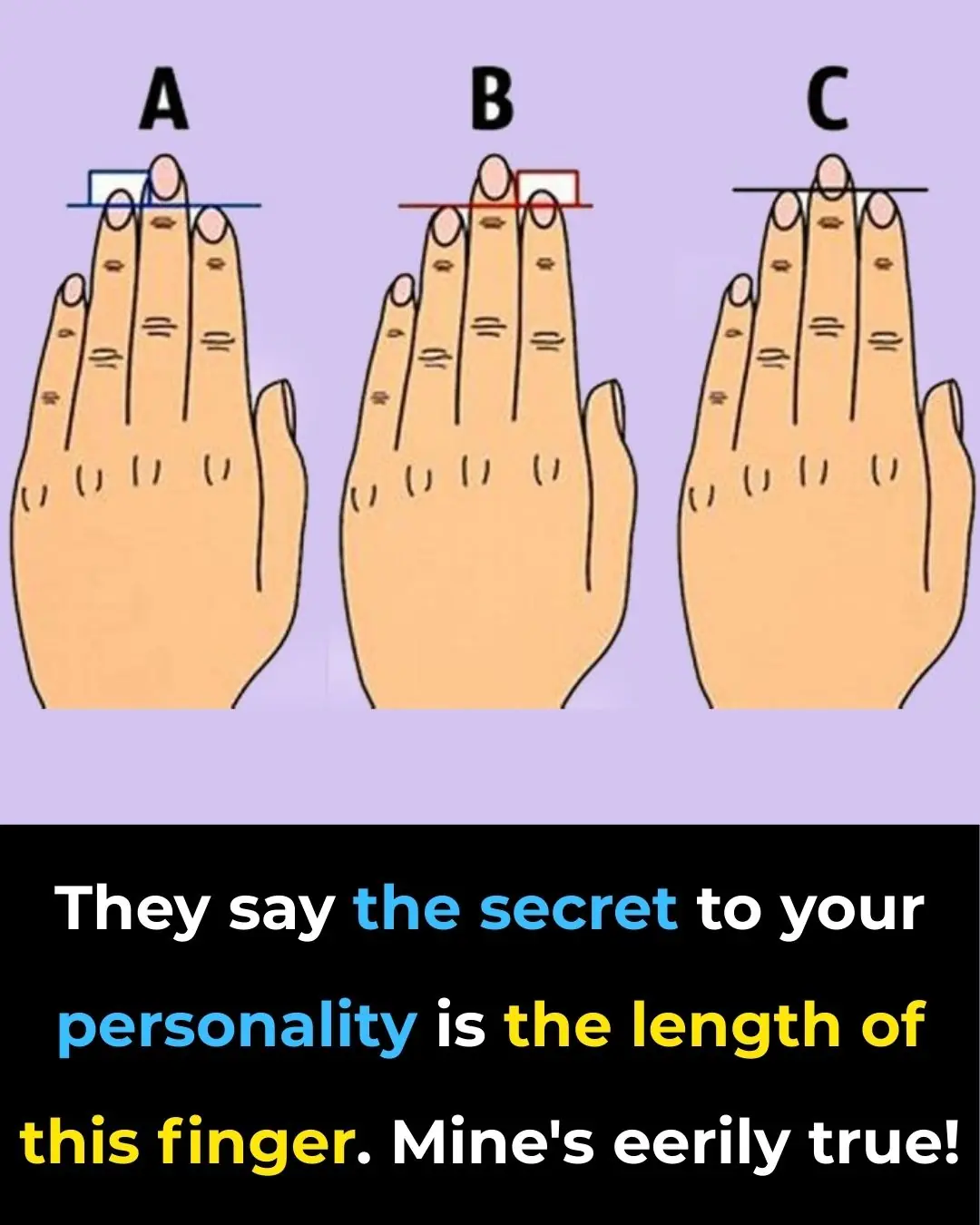
Index Finger Length: Personality and Fortune

Underwater City Near 'Noah's Ark' Discovery Might Change The Bible Story We Thought We Knew

Reason Mark Zuckerberg Just Spent $15,000,000,000 to Hire This 28-Year-Old ‘College Drop Out’ for Meta

Cut a lemon in four and keep it in your bedroom overnight – the reason is brilliant
This lemon trick is a small change that makes a big difference.

Italy just upgraded dogs to cabin class. No more cargo holds for dogs!
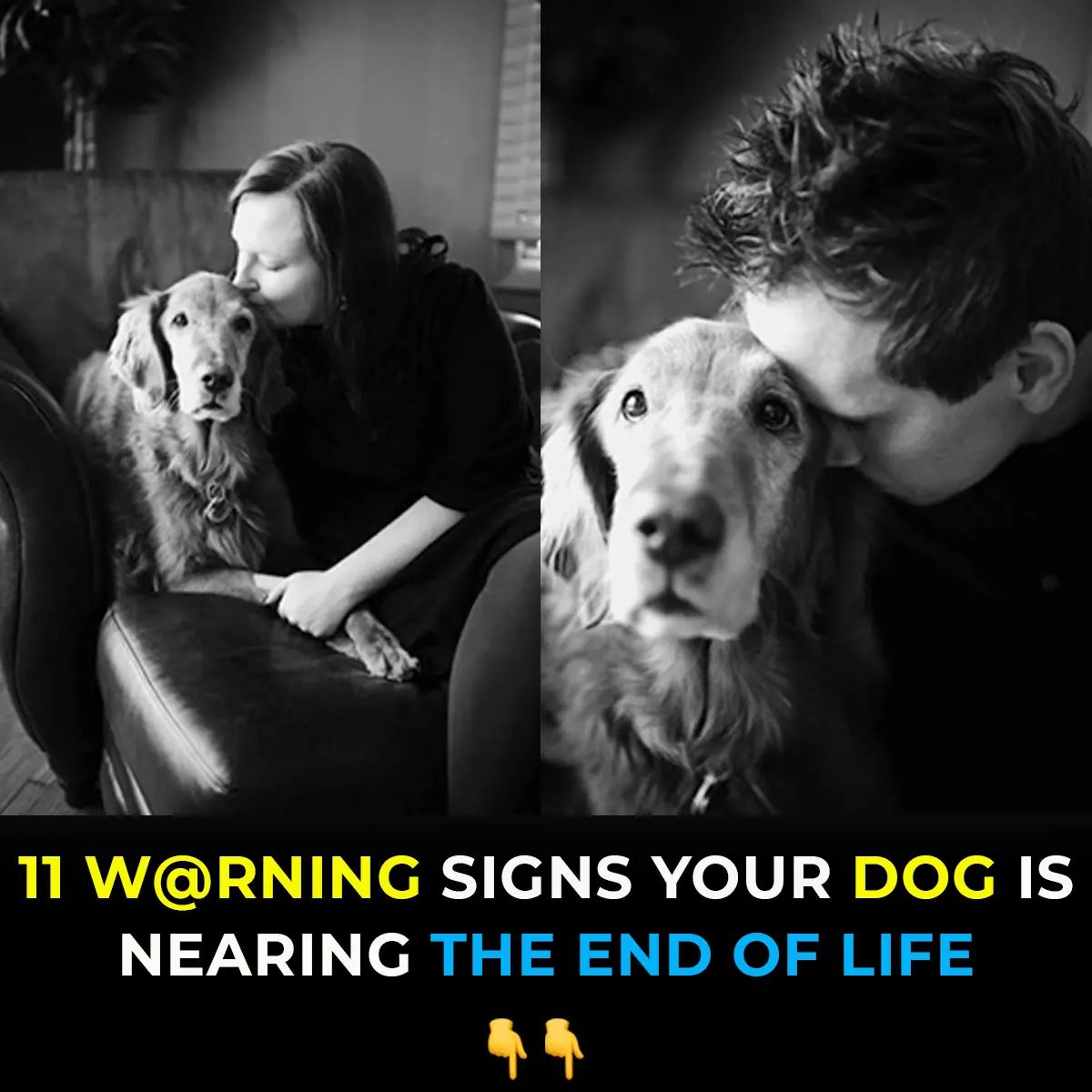
11 Heartbreaking Signs Your Dog Is Nearing the End—And How To Give Them The Love They Deserve

15 Things That Might Hint at Her Romantic Past

Depressing find at the bottom of the Mariana Trench is a warning to the world
The Mariana Trench, Earth’s deepest ocean abyss, was once thought to be untouched by human hands. But the discovery of a single plastic bag in its darkest depths has become a chilling symbol of how far our pollution has reached.

Unveiling Personality Secrets: What’s the First Color You See?

If you see square waves forming in the ocean, get out of the water immediately
The mesmerizing chessboard-like patterns on the ocean’s surface may seem harmless, but they’re hiding a dangerous secret. Scientists warn that these rare formations, known as square waves, can turn the sea into a deadly hazard in seconds.

The flowers you love the most uncover hidden aspects of your personality
Flowers don’t just brighten our surroundings — they can also serve as a fascinating mirror to our inner world. From the joyful daisy to the mysterious violet, your favorite bloom could reveal your emotional depth, values, and the way you connect with

Experts warn: Don’t swap your oven for an air fryer
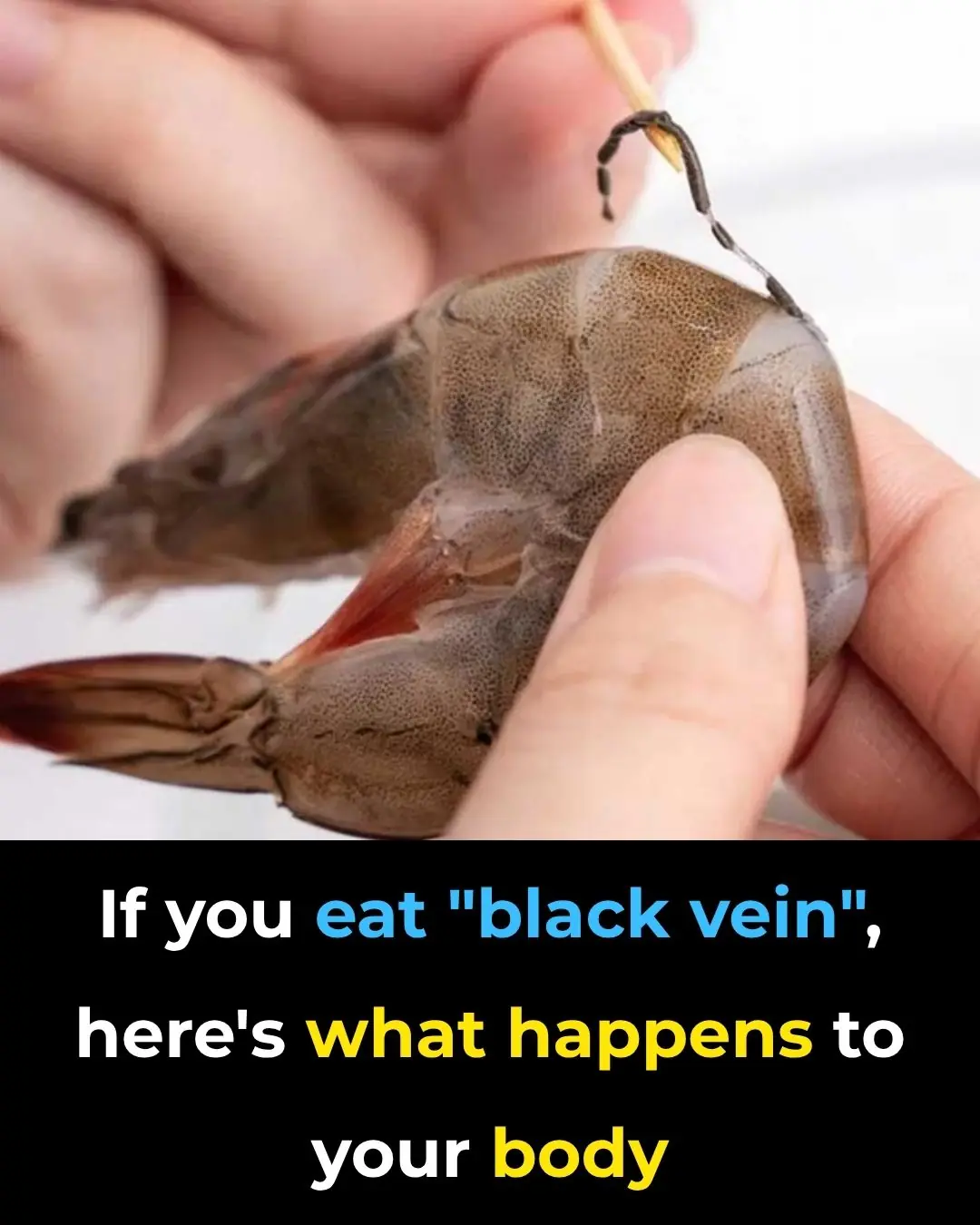
The Truth About Eating the Black Vein in Shrimp Tails
News Post

10 Signs You’re Living With Clogged Arteries
Clogged arteries often develop quietly, showing subtle symptoms that are easy to dismiss until it’s too late. Learning to recognize these early warning signs can give you the chance to take action before serious complications like heart attack or stroke

Woman is diagnosed with cancer — believes a popular sandwich is to blame
When investigative journalist Lucie Morris-Marr was told she had stage-four bowel cancer, she was at the peak of her personal and professional life. Now, she’s speaking out about a hidden dietary danger she believes more people need to take seriously

8 Potential Health Benefits of Nuts

Study Links Fries, but Not Other Forms of Potato, With Diabetes
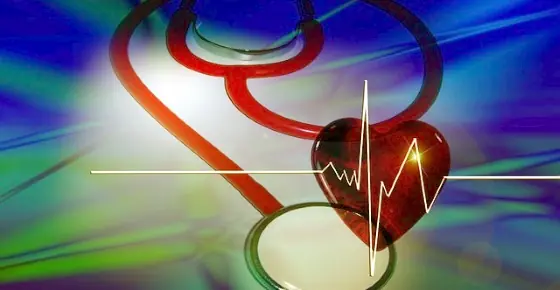
How to Lower High Blood Pressure Quickly Without Medications (Evidence Based)

Why You Should Start Using Coconut Oil as a Toothpaste
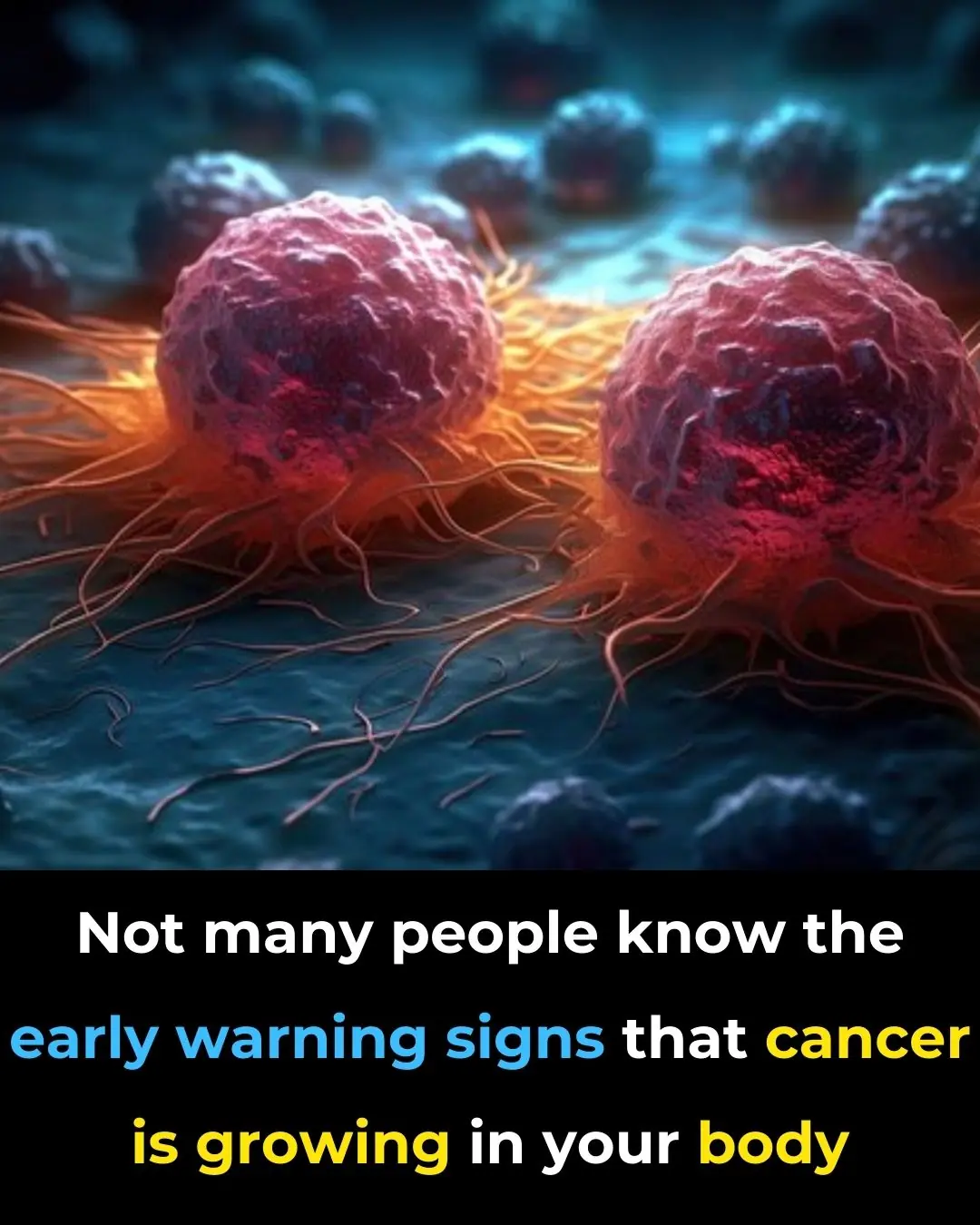
20 Early Cancer Signs You Should Never Ignore

7 Signs That Your Partner Isn’t In Love And Is Just Settling For You
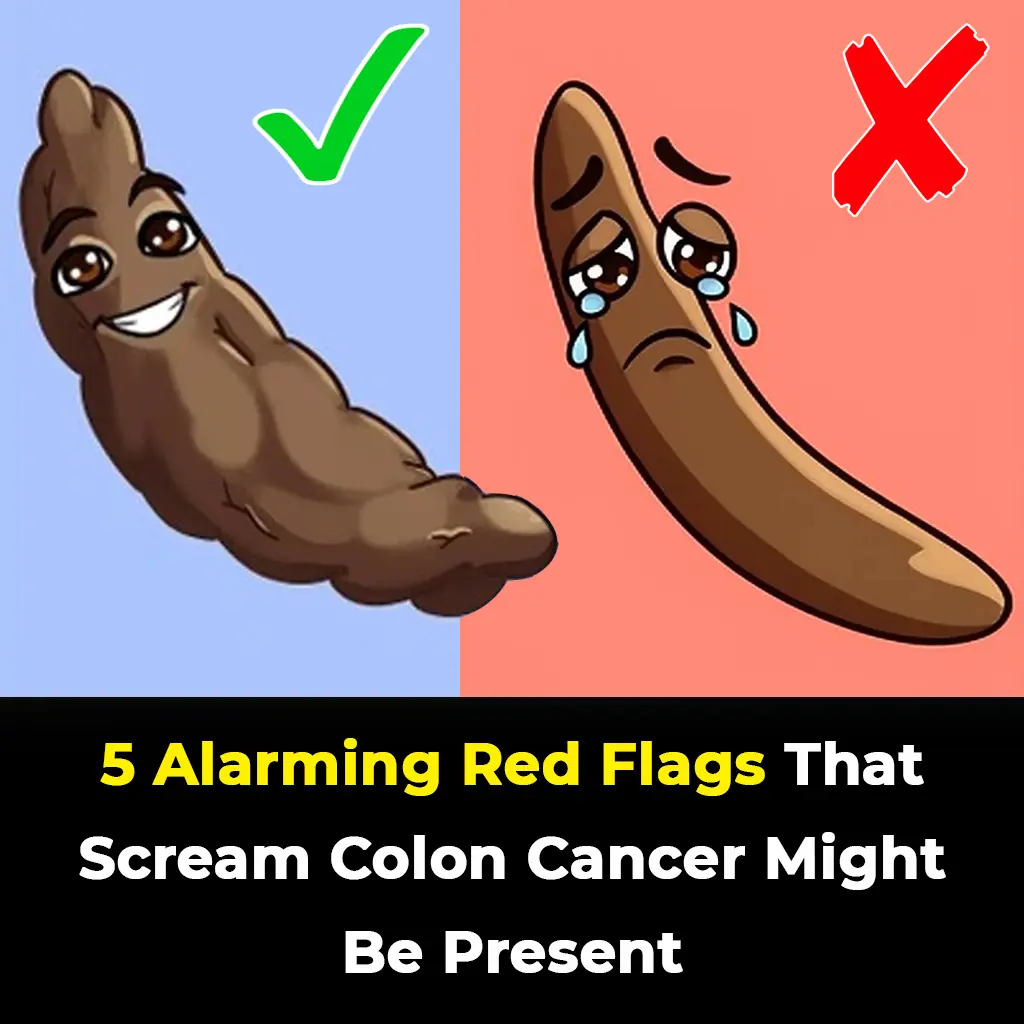
5 Warning Signs That Could Indicate Colon Cancer

Shocking simulation shows exactly what happens to your body if you stop eating sugar for 2 weeks
Giving up sugar for two weeks may sound like a simple diet tweak, but a new simulation shows the change can trigger a chain reaction inside your body — from energy surges to mental clarity. The journey isn’t without its challenges, but the long-term r

11 Sh0cking Causes of Red Dots on Your Skin and How to Treat Them
While some red dots on your skin may resolve on their own or with simple remedies, others can and should require medical attention.

Never store your cooked rice without knowing this
Leftover rice may seem harmless, but if stored the wrong way, it can quickly become a breeding ground for dangerous bacteria. Experts warn that this common mistake, known as “fried rice syndrome,” can cause serious foodborne illness within hours.

Healing Power of Castor Leaves: Natural Benefits and Must-Know Safety Tips

Here’s Why You Shouldn’t Sleep With A Fan At Night
Sleeping with a fan might seem harmless — even comforting — but its hidden effects can chip away at your comfort and long-term sleep quality.

36-Year-Old Teacher D!es From Diabetes Caused by Common Foods, Experts Say
Diabetes is a serious health condition with long-term consequences if left unmanaged.

Finger Test For Lung Cancer Could Determine Cancer Risk
While finger clubbing itself is a symptom rather than a disease, adopting healthy lifestyle habits can help reduce the risk of underlying conditions that cause it.

The Ultimate Guide to Cloves: Benefits, Uses, and How They Work
Cloves aren’t just a fragrant kitchen spice — they’re a centuries-old natural remedy packed with healing power. From boosting immunity to easing pain, these tiny buds hold surprising benefits you can easily tap into at home.

What Are Eye Floaters? Here What To Do If you Start Seeing Them, According to an Eye Doctor
